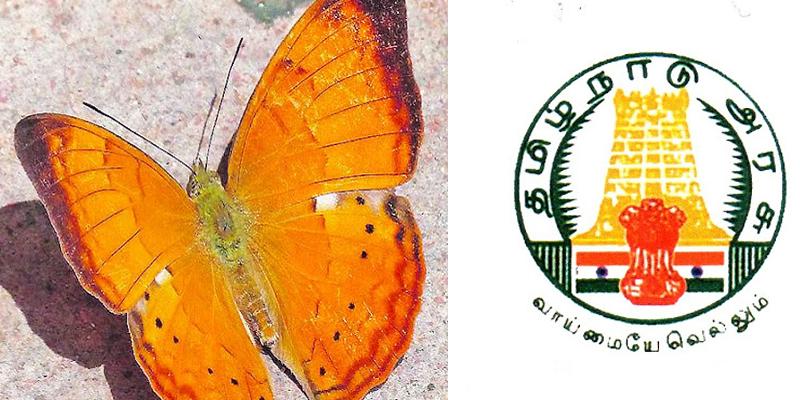
Current Affairs 2nd July 2019
Important Current Affairs
Current Affairs 2nd July 2019
Tamil Nadu declared 'Tamil Yeoman' or 'Tamil Maravan' as its state butterfly
'Tamil Yeoman', a kind of butterfly found in the Western Ghats.It is declared as Tamilnadu state butterfly. It is also known as 'Tamil Maravan'.
Tamil Nadu is the fifth state in the country to announce its state butterfly.
Its scientific name was Cirrochroa thais. '
Maharashtra the first to declare Blue Mormon (Papilio polgmnestor) as its state butterfly.
It is followed by Uttarakhand (Common peacock), Karnataka (Southern bird wings) and Kerala (Malabar banded peacock).
About Tamil Yeoman
Scientific name - Cirrochroa thais. It is known as Tamil Maravan
means warrior
Habitat: It is endemic to Western Ghats.
It is found in moist deciduous, evergreen forests and along streams.
It can be found in groups in large numbers at a few places
'One Nation One Ration Card' scheme
Central government's ambitious project of 'One Nation One Card'.
A beneficiary can buy subsidized food grains from any ration shop.
The scheme will begin on 1 July 2020.
The Central government given states and Union Territories till June 30, 2020, to use point of sale (POS) machines in the ration shops and the scheme can be implemented.
Around 77% % of the ration shops across the country have POS machines.
Andhra Pradesh, Gujarat, Haryana, Jharkhand, Karnataka, Kerala, Maharashtra, Rajasthan, Telangana and Tripura are the states which provide the portability of Public Distribution System (PDS) entitlements
The government is implementing the National Food Security Act(NSA) under which food grains are supplied every month
They are supplied every month at highly subsidized rates of Rs 1-3 per kg to over 80 crore people.
Nipah Virus
What is Nipah Virus?
According to WHO, the Nipah virus infection is a newly emerging zoonosis, that is, a disease transmitted from animals to humans. The virus belongs to a new genus termed Henipavirus (subfamily Paramyxovirinae).
The natural host of the virus are fruit bats belonging to the family Pteropodidae. In 2004, humans were affected after eating the date palm contaminated by infected fruit bats. Pigs can also act as intermediate hosts.
When was it first reported?
It was first identified in 1998 at Kampung Sungai Nipah village, Malaysia. The virus is named after this village.
What are the symptoms in humans?
The symptoms of Nipah are similar to that of influenza: fever, muscle pain, and respiratory problems. Inflammation of the brain can also cause disorientation. Late onset of Encephalitis can also occur. Sometimes a person can have an asymptomatic infection, and be a carrier of Nipah and not show any symptoms.
Are there any vaccines?
Currently, there are no vaccines for both humans and animals. Intensive supportive care is given to humans infected by Nipah virus.
According to WHO, ribavarin can reduce the symptoms of nausea, vomiting, and convulsions associated with the disease. Individuals infected need to be hospitalised and isolated. Special care should be taken to prevent human-to-human transmission. Surveillance systems should be established to detect the virus quickly and to initiate appropriate control measures.
